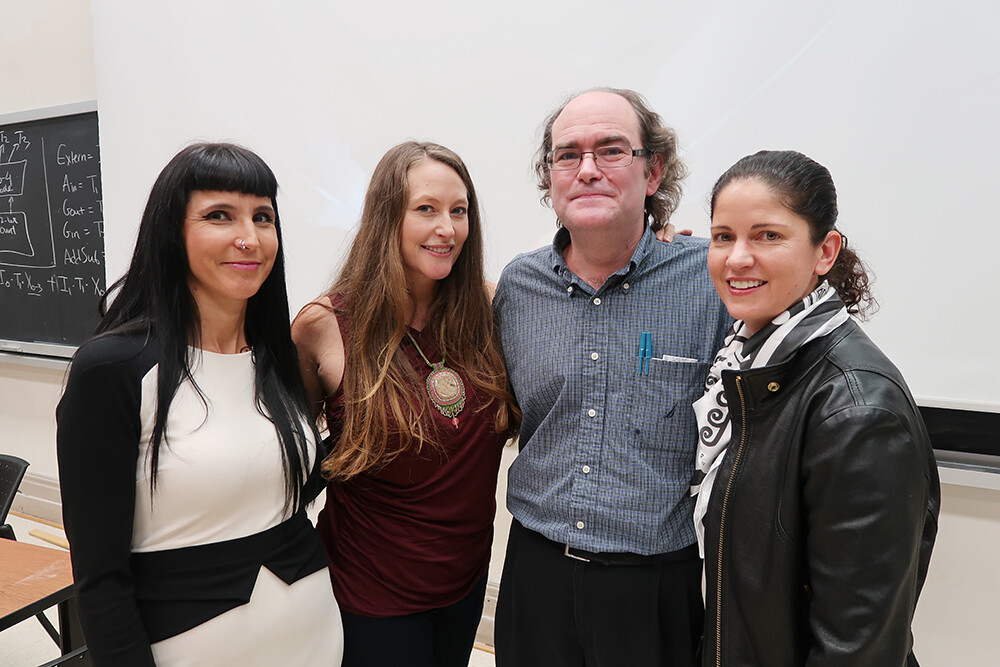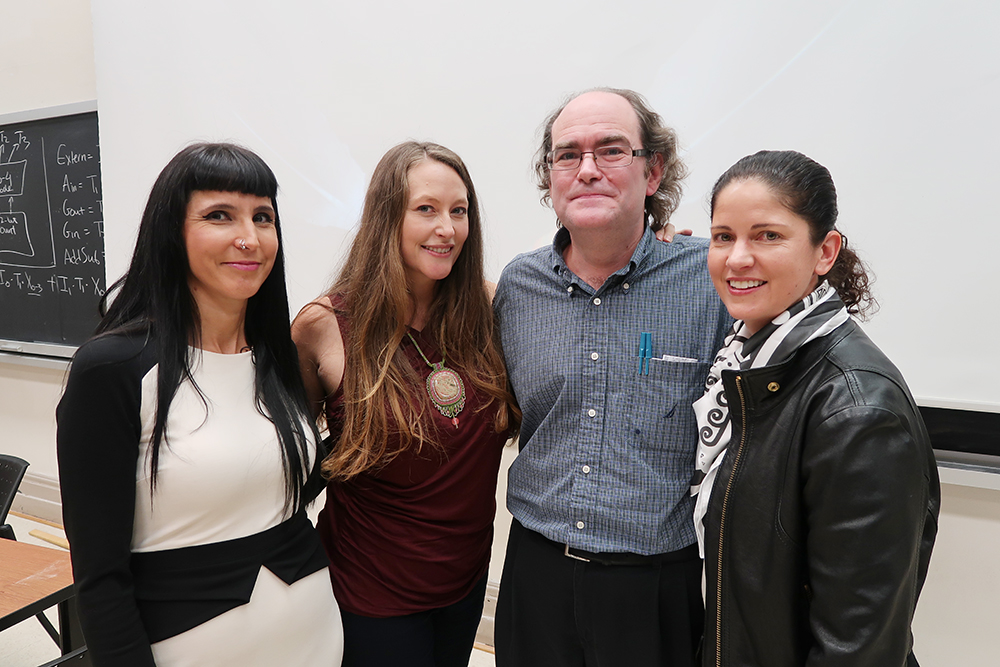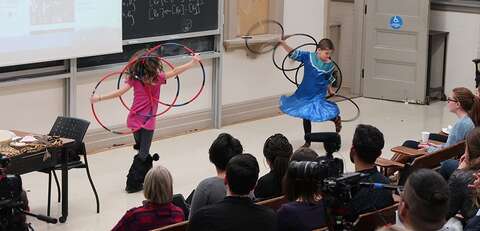Mobile Menu
-
MD Program
- Curriculum
- Interprofessional education
- MD Plus: Combined & Dual Degree Programs
- Academies
- Policies and Procedures
- Teaching in the MD Program
- Affiliated programs
- CACMS Accreditation
- Admissions
-
Student Resources
- Office of Learner Affairs (OLA)
- Community of Support
- Summer Mentorship Program
- Student Mistreatment
- Academic Calendar
- Incoming Students
- Resources for Indigenous Students
- Registration Requirements & Requests
- Research Opportunities
- Graduation & Alumni
- Student Tools & e-Resources
- Finances & Awards
- Student Assistance
- School Absences
- About Us
- MD/PhD Program

 The Dr. Peggy Hill Memorial Lecture on Indigenous Health took place on November 24. The annual lecture aims to raise awareness about Indigenous health, and to bring together members of Toronto’s Indigenous community to learn about the outstanding work that is underway.
The Dr. Peggy Hill Memorial Lecture on Indigenous Health took place on November 24. The annual lecture aims to raise awareness about Indigenous health, and to bring together members of Toronto’s Indigenous community to learn about the outstanding work that is underway.